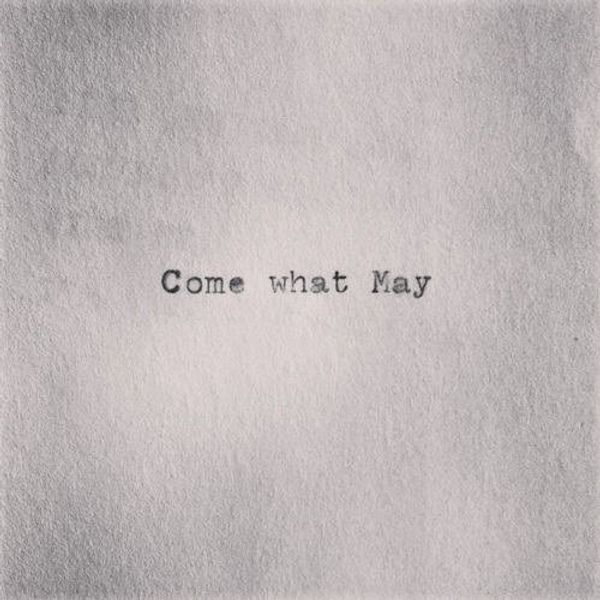It is through centuries of history that the claim "knowledge is power" is truly, empirically evidenced. From the mythic Oedipus who solved the riddle of the Sphinx to free the city of Thebes, to philosophers as Hegel whose theories have revolutionized Western philosophy, knowledge is a priceless gain that we all so dearly covet.
In this day and age, knowledge is literally at our fingertips. While our predecessors prided themselves on extensive reasoning to solve their most complex problems, we simply google them. And truly, the power of this search engine is indescribable. Google arguably holds the answers to almost every conceivable question man has. As we hustle and bustle from one place to the next, how convenient is it that on a small rectangular screen, a bit of thumb-twiddling can give us our question's "best results in less than 0.00023 seconds"?
Pondering this thought a bit longer, I decided to conduct my own experiment: go without Google for a day. Still on vacation, I found my challenge starting the second I woke up. I usually began the day googling a nearby cafe for breakfast, and then googling somewhere to spend the day. Instead, I went down to the concierge and talked to her about sites to see. She pointed out a planetarium, and without any other person's word to second the suggestion, I decided to trust her and go. It turned out, I'm not really that interested in space. Like the next person, I’m fascinated by the existence of space, but if given the choice between learning about supernovas and browsing music, I’d choose the latter without hesitation. But I was already there, and I’d taken the trouble to come, so I figured — make the most of it.
I sat in on a forum by a visiting astronomer from Northwestern, who was discussing the possible discovery of a new planet. I was unfamiliar with the astronomy jargon, and inclined to google the terms. But instead, I realized I could just ask the speaker. So upon understanding the literal meaning of his talk, I found myself more intrigued by the implications of said material. The forum ended up going much longer than expected, diverging into an array of space-related topics, and developing into a conversational atmosphere rather than a strict Q&A.
Leaving the planetarium, I called for an Uber, and struck up a conversation about the city I was in, Chicago, hoping to gain from him some insight as to how I could spend my time in the city. My driver had actually lived in San Francisco a greater majority of his life, and only moved to Chicago for college, staying after for work. He described to me his experience in Chicago -- in particular, the modern art scene. He directed me to some smaller art galleries than the more famous ones, and several modern artists and musicians that I have since grown interest in.
So what's a day without Google to say about the power of knowledge? Google, without a doubt, is an incredibly concise and efficient tool. There is a reason why "Google it" has slid so casually into our everyday lingo. But we should not let the accessibility of knowledge devalue knowledge itself. Google is only as powerful as the collective minds of all humans. Its accessibility should be serve as an aid to gaining knowledge, not a replacement. It is through observation, ponderation, and collaboration that knowledge is and will be gained. We all must de-google sometimes, and remember why knowledge is power.





















